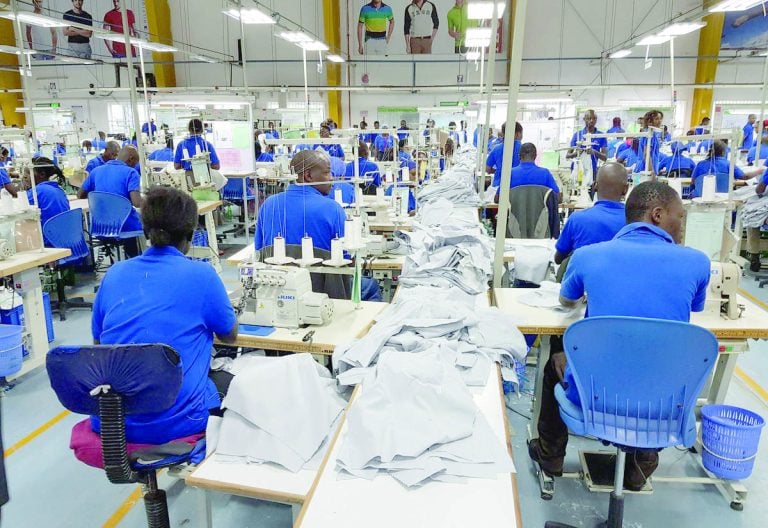Why Kenya must break toxic addiction to State cash
By Fred.Aminga, May 19, 2025Kenya’s industrial and manufacturing drive is dying a slow, painful death – not because of a lack of ideas, ambition, or talent, but because we have glorified one of the biggest threats to economic growth: the government.
The brutal truth must be said – working for the government or doing business with it has recently become the most sought-after “career” path.
Being a politician or a politician’s business partner is now one of the most glorified routes to riches in this country. Unfortunately, this new normal is not only killing innovation, especially among the youth, but also suffocating private industry and draining the life out of any appetite for real business, as tenderpreneurs take the day. Let’s face it. We are now in the Fourth Industrial Revolution – a time when nations are retooling for advanced manufacturing, automation, artificial intelligence, and green tech. Countries with vision are investing in their people, industries, and local economies.
Meanwhile, in Kenya, the smartest minds and hungriest entrepreneurs are being lured into the black hole of government bureaucracy – not to serve, but to survive and enrich themselves through backdoor deals. It is much easier to wait for tenders from the government than to build something new, an industry or a start-up.
Government has become too lucrative for the wrong reasons. A procurement officer in a county office can make more in kickbacks than a mid-level engineer trying to develop a new product. A politician with access to public funds can import goods for resale, undercutting local industries, yet still be praised for “development”.
The system is so rewarding to insiders that it discourages long-term investment. Why build a factory with a 15-year return on investment when you can land a tender and cash out millions in six months?
The youths are watching all this and learning. Many of our brightest university graduates no longer dream of launching startups or solving real-world problems through technology or manufacturing – they’re aiming for parastatal jobs or political seats for a reason. SMEs are folding because contracts go to connected firms, not competent ones. Young people with innovative ideas are giving up, as the market is captured by government cronies. Even access to loans has become harder, as the government crowds out the private sector by absorbing liquidity through bonds for budgetary support, all while public sector bloat continues unchecked.
The government should be an enabler, not a competitor. It should build infrastructure, streamline regulations, support local businesses, and protect fair competition. Instead, what we see is a government actively crowding out the private sector. Pending bills are unpaid, technical institutions are chronically underfunded, and investment in industrial parks is left entirely to the private sector apart from a few markets that are being set up countrywide.
As local entrepreneurs are being turned into perpetual beggars of State goodwill, companies are shutting down, while Kenya transforms into a nation of middlemen, importers, and briefcase consultants.
As we build an economy that punishes production and rewards proximity to power, our local manufacturers cannot compete with cheap imports – often brought in by people with ties to the government.
It’s time to smell the coffee. Kenya must break its toxic addiction to government money and start betting on itself. We need to stop glamorising government wealth and begin rewarding productive work, otherwise we will miss the bus as the rest of the world moves on.
The writer is People Daily’s Business Editor
More Articles

